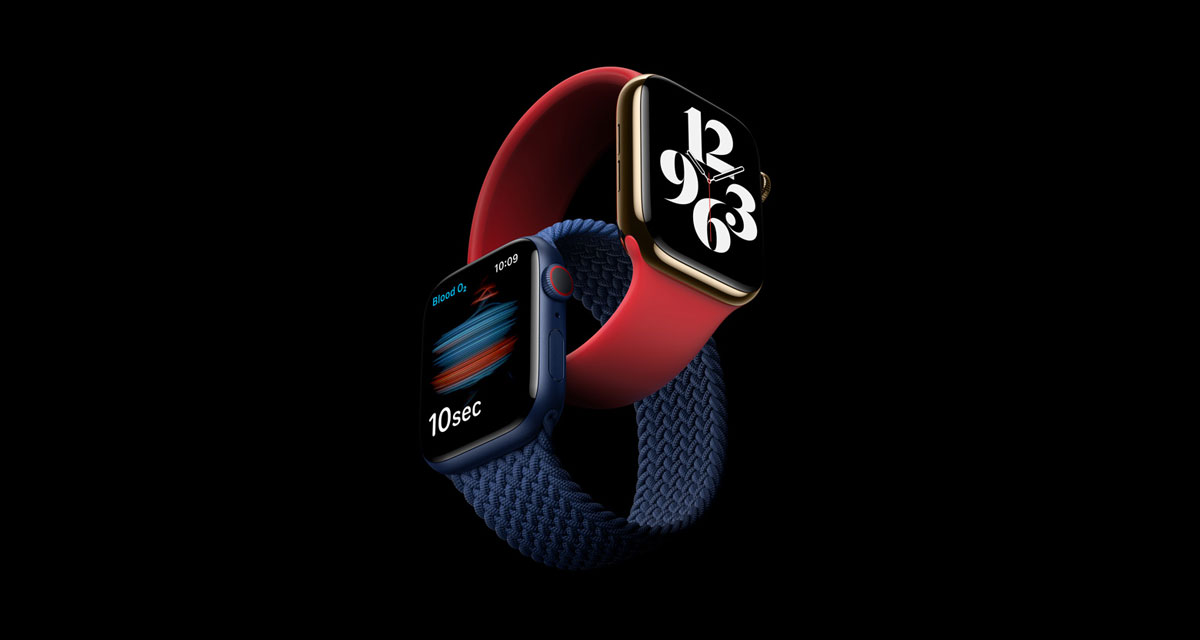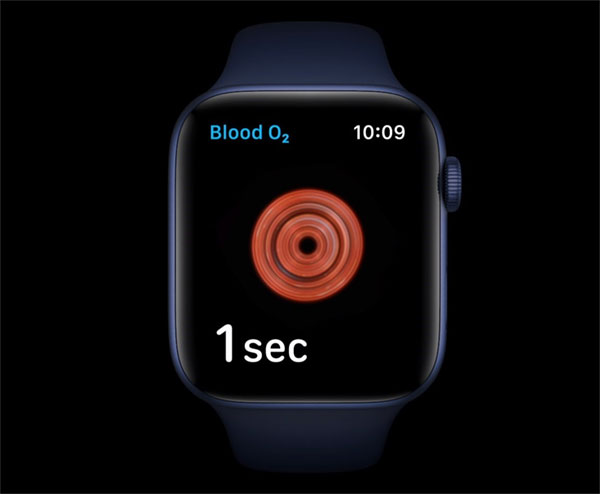The Apple Watch and other wearables of its ilk can help detect the long-term effects of COVID-19, new research would appear to suggest. A new paper published in the journal JAMA Network Open points to the Apple Watch as one way of keeping track on the effects of COVID-19 over time.
First reported by The New York Times, the data comes via the Digital Engagement and Tracking for Early Control and Treatment (DETECT) trial that was run by a group of scientists at the Scripps Research Translational Institute in California.

That study ran for almost a year and included more than 37,000 people who used Apple Watches and other wearables. An app called MyDataHelps was used to track them.
Now, it appears that resting heart rates were altered as a result of what some call “long COVID” and that devices like the Fitbit in particular are capable of detecting that. The report also found that despite an initial fall in heart rate after contracting COVID, it soon increased and then remained elevated.
The scientists also found that about nine days after participants with Covid first began reporting symptoms, their heart rates dropped. After this dip, which was not observed in those with other illnesses, their heart rates rose again and remained elevated for months. It took 79 days, on average, for their resting heart rates to return to normal, compared with just four days for those in the non-Covid group.

You can read the full New York Times and JAMA Network Open reports for more detail on exactly what was found during what looks to be a fascinating stuff.
You may also like to check out:
- Download: Windows 11 Preview Build 22000.51 ISO Released For Insiders
- How To Install Windows 11 On A Mac Using Boot Camp Today
- iOS 15 Beta Compatibility For iPhone, iPad, iPod touch Devices
- 150+ iOS 15 Hidden Features For iPhone And iPad [List]
- Download iOS 15 Beta 2 IPSW Links And Install On iPhone And iPad
- iOS 15 Beta 2 Profile File Download Without Dev Account, Here’s How
- How To Downgrade iOS 15 Beta To iOS 14.6 / 14.7 [Tutorial]
- How To Install macOS 12 Monterey Hackintosh On PC [Guide]
- iOS 15 Beta 3 / Public Beta Download Expected Release Date
- Download: iOS 14.6 Final IPSW Links, OTA Profile File Along With iPadOS 14.6 Released
- Jailbreak iOS 14.6 Using Checkra1n, Here’s How-To [Tutorial]
- How To Downgrade iOS 14.6 And iPadOS 14.6 [Guide]
- Convert Factory Wired Apple CarPlay To Wireless Apple CarPlay In Your Car Easily, Here’s How
- Apple Watch ECG App Hack: Enable Outside US In Unsupported Country On Series 5 & 4 Without Jailbreak
You can follow us on Twitter, or Instagram, and even like our Facebook page to keep yourself updated on all the latest from Microsoft, Google, Apple, and the Web.

